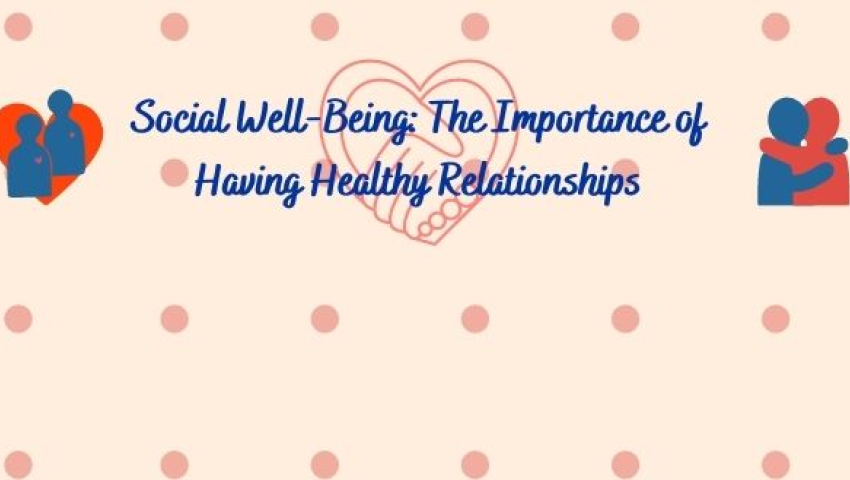Clearly, social well-being is an important dimension of health. Similar to how you have to put energy and work into staying physically or mentally fit, social well-being requires a bit of intentional work as well.
It requires developing deep connections, having supportive friends and family, and the ability to communicate in healthy ways. When these three components are in place, healthy relationships flourish. Healthy relationships exist when there is honesty, mutual respect and problem solving, individuality with room for self-confidence, and good communication with the ability to control anger and fight fair (avoid insults and take breaks if the discussion gets heated).
Unfortunately, not all relationships are healthy. Now, we are not talking about a few growing pains here and there as toddlers, teens, and even young adults seek their independence. We are talking about sustained unhealthy behavior in relationships over time because these relationships impact health (the heart, endocrine system, and immune system to name a few) negatively. So what does an unhealthy relationship look like? If there is control, hostility, dishonesty, disrespect, intimidation, or any type of emotional, physical or sexual violence in a relationship, it is not healthy. Unhealthy relationships can include a partner trying to isolate you from your social support system (family, friends, counselors, etc.). Further, isolation is associated with health risks similar to tobacco use, high blood pressure, and obesity. Unhealthy relationships negatively impact your social well-being.


